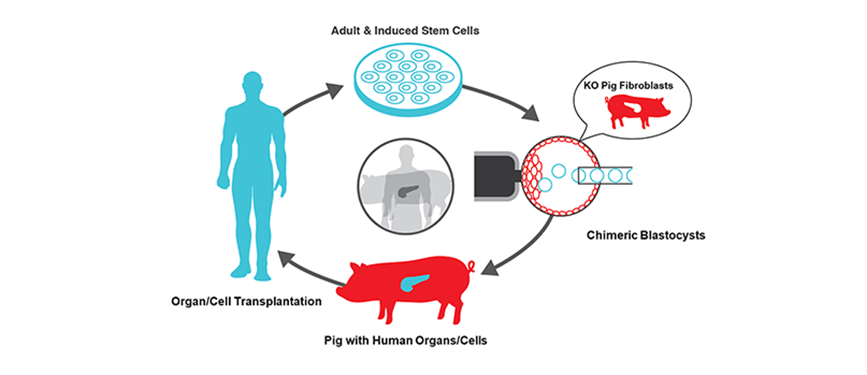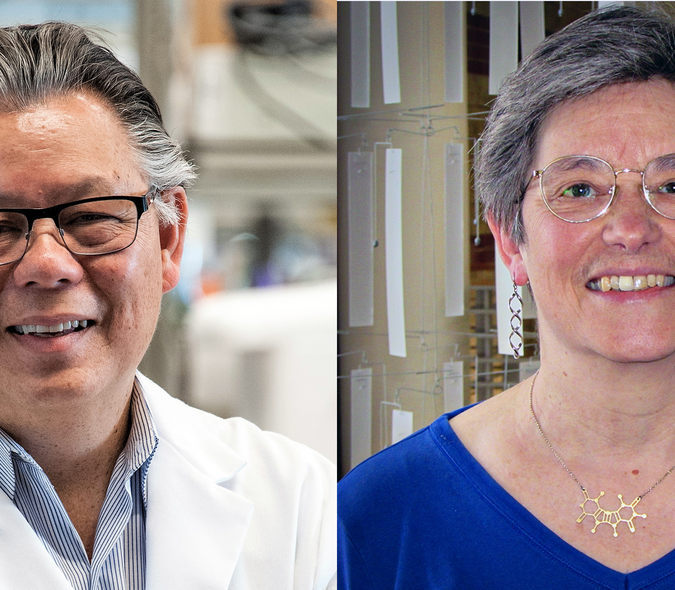SCI Researchers Seek to Optimize Blastocyst Complementation to Generate Human Organs in Pigs
The shortage of organs and tissues for transplants has led researchers in the Stem Cell Institute to investigate the possibility of making human organs in animals by injecting human pluripotent stem cells into early-stage pig embryos that have been genetically modified such that the pig cells cannot make the organ of interest in the developing embryo.

The genetic modification would therefore create a niche that would allow the human cells to give rise to a human organ in the developing pig fetus. Since embryos from animals like pigs, non-human primates, and mice all develop over different time scales than do human embryos, it has been difficult for researchers to know at which stage in the animal embryo the human cells would be most compatible with the animal cells. Stem Cell Institute faculty members Walter Low, Clifford Steer, and Juan Carlos Rivera-Mulia collaborated on a project driven by graduate student Anala Shetty, in which the gene expression profiles of cells in animal embryos and human stem cells were compared to find out at which developmental stage the cells were most similar. These in silico studies help to lay the groundwork for generating human organs and/or cells in pigs. Read the published paper.



